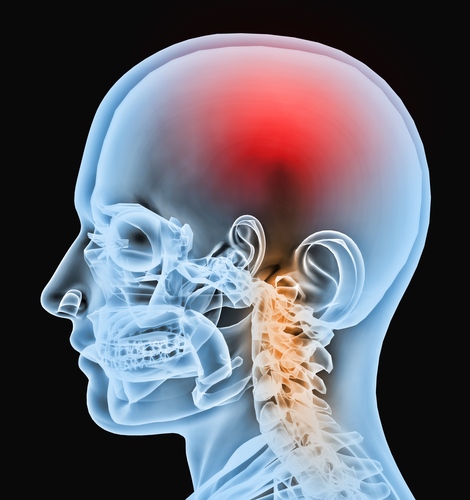Barbiturates are a class of sedative and anesthetic drugs whose psychoactive properties were discovered in the early 1900s. They have historically been used to treat insomnia, anxiety, seizures and headaches, and in general anesthesia and euthanasia. Barbiturates are known to be extremely addictive and have a significant potential for fatal overdoses, which has led to their classification as a controlled substance. In many cases, doctors will prescribe benzodiazepines as a less risky alternative, though barbiturates are still used to treat epilepsy and migraines and in anesthesia and medically-assisted suicide. Barbiturate medications include Amytal, Fiorinal, Seconal and Nembutal.
EFFECTS OF BARBITURATE ADDICTION ON THE BRAIN AND BODY
Like many other sedative and depressive drugs, barbiturates interfere with a chemical in the brain called GABA. GABA is a substance known as an inhibitory neurotransmitter, which means it sends signals to your brain to reduce activities and communication. Barbiturates increase the amount of GABA produced, leading to a calming, sleepy high as the rush of GABA slows down your brain’s processes. Someone who uses barbiturates may appear drowsy, intoxicated or uncoordinated; they may act with fewer inhibitions, or they may slur their speech or have difficulty remembering events.
Continued barbiturate abuse leads to addiction because as the effects of the drug wear off, your brain begins to feel overactive in comparison to its relaxed, GABA-filled state. Even though the levels of brain activity without barbiturates are likely normal, the increase in thoughts, emotions and sensations can start to seem distracting, annoying and even painful. Long-term barbiturate users may seem irritable, anxious or overly sensitive. Barbiturates can also be damaging to vascular, pulmonary and kidney health.


TREATING BARBITURATE ADDICTION
Barbiturates have the potential to be extremely dangerous in the setting of abuse and addiction. Studies show that long-term barbiturate abuse comes with relatively high mortality and suicide rates, due to the serious mental and physical effects of barbiturate addiction and withdrawal. There is no known treatment for barbiturate overdose, which leads to a high chance of death when these drugs are used irresponsibly. If you or your loved one is in need of treatment for a barbiturate addiction, it is best to seek treatment at a recovery facility that is equipped to provide medical assistance to ensure your safety during detox. The physical recovery from long-term barbiturate abuse should be carefully monitored by addiction professionals.
Addiction to any substance also requires a mental recovery. Therapies designed to help you uncover the roots of your addiction and build a new foundation for a sober life are the hallmark of a thorough recovery program. At The Springboard Center in Midland, TX, we believe that everyone who enters our program is a person before they are our client; your story and individual experience with substance abuse is important to us. We created our programs with individuality in mind, and we offer a variety of options that can be combined to meet your needs and fit your lifestyle. At Springboard, your options include:
- Residential treatment
- Intensive outpatient treatment
- Individual and group therapy sessions
- Family counseling
CONTACT THE SPRINGBOARD CENTER
Springboard is proud to be the premier addiction treatment center for the Permian Basin region of Texas, New Mexico and Oklahoma. We treat men and women over the age of 18 for addiction to drugs and alcohol, and we can offer medically-assisted detox at our facility and in partnership with local healthcare centers. If you or your loved one is struggling with addiction, contact us to find out if our programs are right for you. Call us today at our office in Midland, TX 432-620-0255 to learn more about the resources available to you during your recovery.

